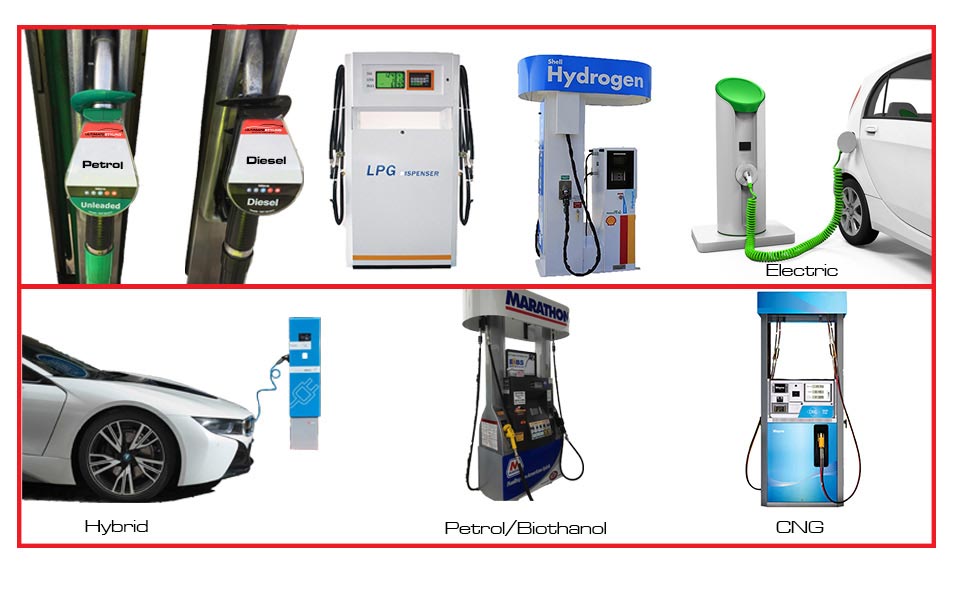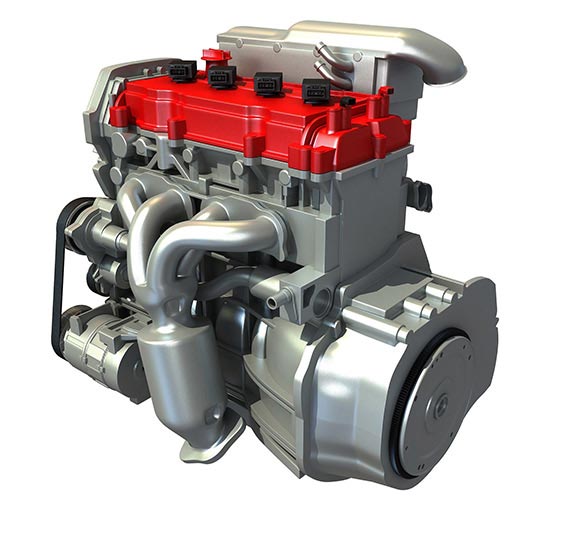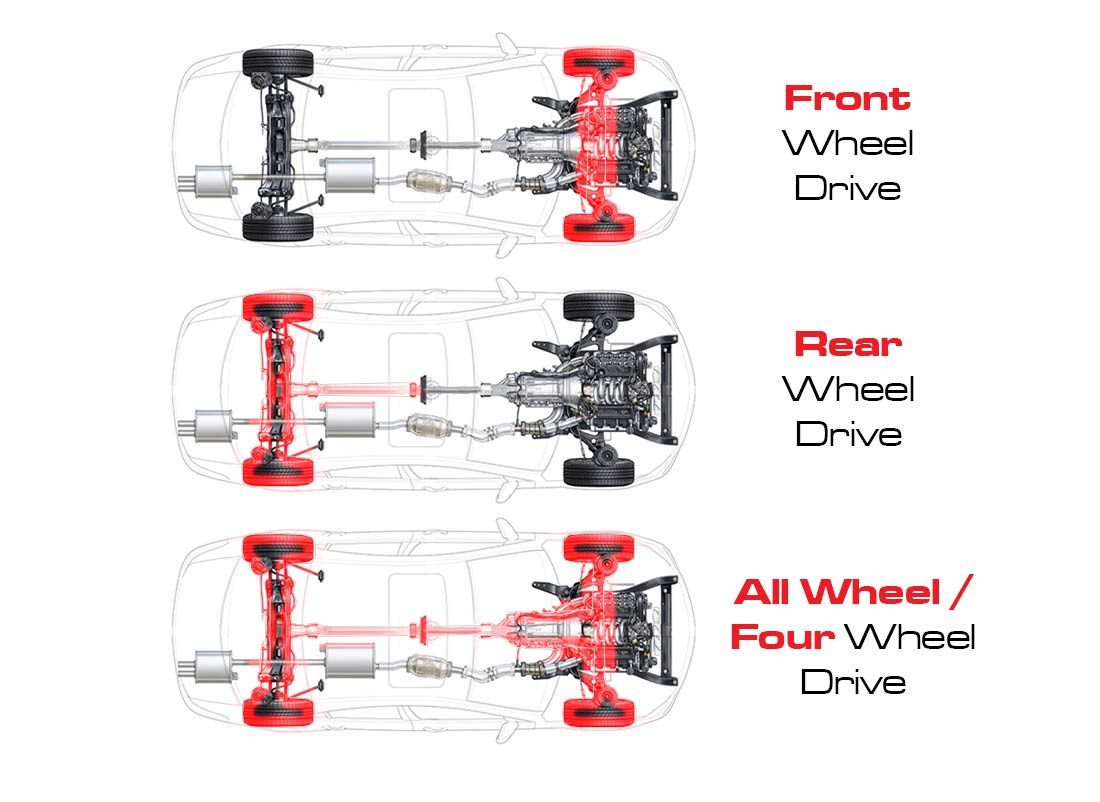
Over the last few years, diesel seems to have become a dirty word in Britain. Since the VW scandal of 2015 which saw more than 11 million vehicles fitted with an emissions tampering defeat device, diesel car sales have plummeted. In the last year diesel car sales have fallen by a staggering 17.1%, largely due to bad publicity, increasing government taxation and city exclusion zones. So, it begs the question, is the diesel engine dead?
The short answer is, no. Don’t fall for the scaremongering, if you do more than 14,000 miles a year, tow or carry heavy loads and don’t live in a major city, diesel is the way to go.
Although the government would have you believe diesel cars are worse than their petrol rivals for the environment, the fact of the matter is that car manufacturers have invested millions in the latest Euro 6 diesels (which have become mandatory for all new cars since 2015) and many are now cleaner than petrol engines.
There are a number of advantages to purchasing a diesel car in 2019:
- You’re going to get a better MPG – Diesel engines use 20% less fuel than like-for-like petrol engines, saving families up to £400 a year.
- Diesel is critical to reducing CO2 emissions – emitting 20% less CO2 than petrol engines.
- Diesel particulate filters fitted since 2011 capture 99% of all soot particulates, something petrol cars do not have.
- All new Euro 6 diesels will be able to enter the London Ultra Low Emission Zone without paying a charge.
By 2040 both new petrol and diesel cars will be phased out in favour of advanced hybrids and electric cars, however, for now the diesel car is definitely not dead. They’ve undoubtedly been dealt a large blow over the last 3 years; however, car manufacturers have worked hard to make sure diesel engines meet and often exceed European emission standards.














